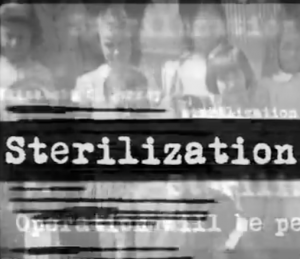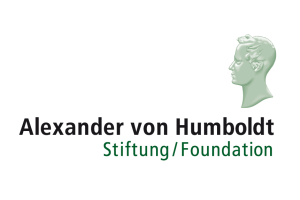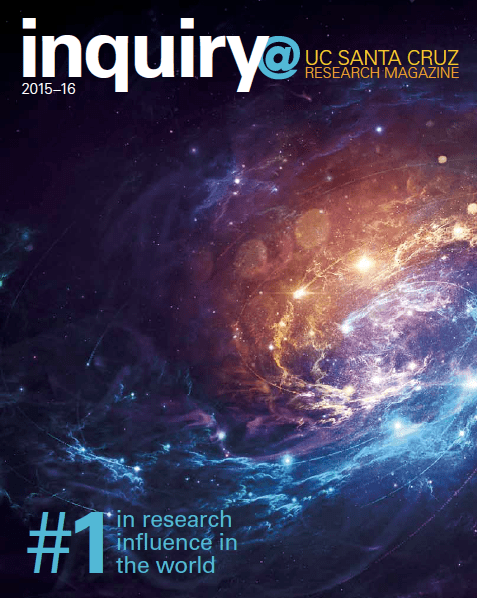Thursday, April 20, Noon-1pm
2nd Floor Instruction & Outreach Alcove
McHenry Library
In recognition of Endangered Data Week, Dr. Lindsey Dillon will discuss her recent experience as a coordinator of a network of academics and non-profits monitoring potential threats to federal environmental and energy policy data at the onset of the Trump administration.
Discussion will follow the presentation. Bring your lunch, questions, observations and experiences. Learn about data rescue efforts such as the Environmental Data & Governance Initiative (EDGI), the End of Term Web Archive, #DataRescue, DataRefuge, DataLumos, and Open Access Week.
Dr. Dillon is an Assistant Professor of Sociology at UCSC where she is affiliated with the Environmental Studies Department and the Science & Justice Research Center. She is also chair of the Environmental Data & Governance Initiative (EDGI), “an international network of academics and non-profits addressing potential threats to federal environmental and energy policy, and to the scientific research infrastructure built to investigate, inform, and enforce.”
Endangered Data Week (April 17-21, 2017) is a new, nationwide effort to raise awareness of threats to publicly available data.




